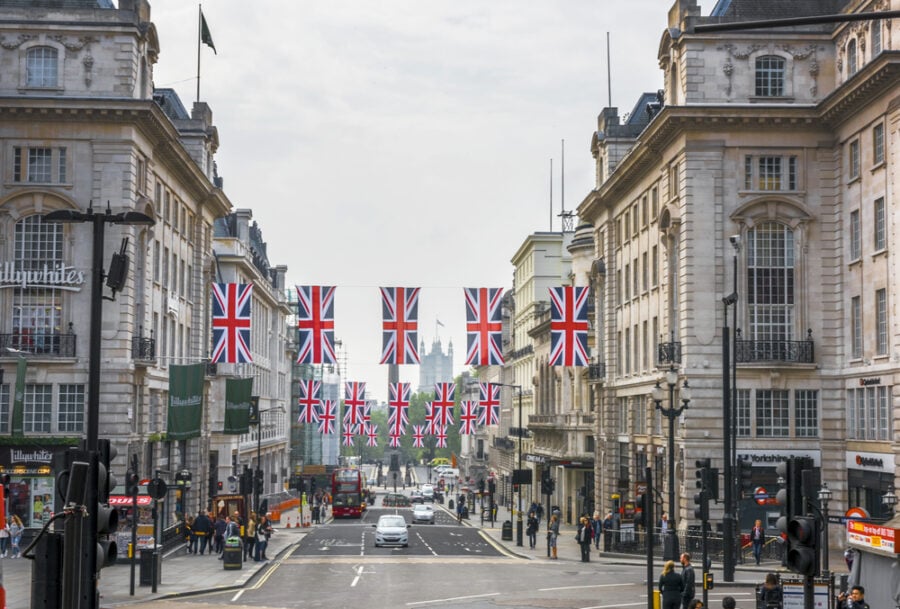Consumer price inflation in Britain jumped to 10.1 percent in July, reaching its highest level since February 1982, up from an annual rate of 9.4 percent in June. This increases the pressure on families.
This increase beat economists’ expectations in a Reuters poll that inflation would rise to 9.8 percent in July.
This month, the Bank of England raised its key interest rate by 0.5 percent to 1.75 percent, its first increase by half a percentage point since 1995. It expected inflation to peak at 13.3 percent in October, when household energy prices would rise. as scheduled.
The figures released today, Wednesday, by the National Statistics Office, showed that prices rose 0.6 percent in July from June on a seasonally unadjusted basis, while the annual rate of selling price inflation reached retail sales at 12.3 percent, the highest level since March 1981.
In response to these statements, Finance Minister Nazim Al-Zahawi said, “Controlling inflation is my top priority. We are taking action through (following) a strong and independent monetary policy, imposing reasonable taxes, making spending decisions, and undertaking reforms to boost production and growth.”
The Bank of England (BoE) said higher energy prices in Europe following the Russian invasion of Ukraine were the main driver of inflation and would likely push Britain into a prolonged, albeit marginal, recession later this year.
However, the data was hinting that future inflation pressure may begin to ease.
On a monthly basis, production input prices rose only 0.1 percent, the slowest increase so far in 2022. One reason for this is weak global demand for steel with slowing economic growth worldwide and lower crude oil prices.








